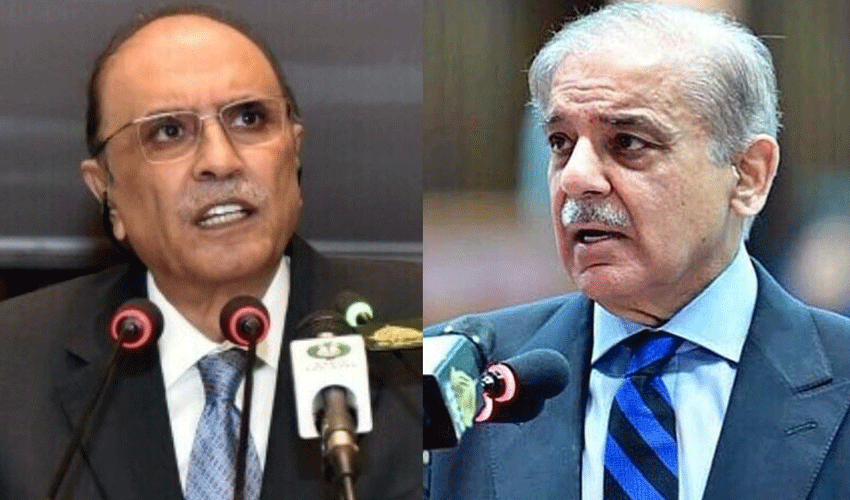The Supreme Court Practice and Procedure Amendment Act has come under legal scrutiny, with challenges being filed in both the Supreme Court and the Sindh High Court.
In the Supreme Court, Advocate Chaudhry Ehtishamul Haq submitted a petition seeking to have the ordinance declared unconstitutional. The petition argues that the promulgation of the ordinance is against parliamentary democracy and requests that all actions taken under the ordinance be rendered null and void.
The petitioner also urged the court to suspend the ordinance until a decision on the application is made, citing a previous Supreme Court declaration that ordinances should only be issued in emergency situations.
Meanwhile, the Sindh High Court heard a similar challenge against the Practice and Procedure Amendment Act. After hearing arguments, the court, presided over by Justice Yousuf Ali Syed, reserved its decision, which it said would be issued today.
Also Read: Explainer: What is Supreme Court (Practice and Procedure) Act 2023?
During the proceedings, Advocate Ibrahim Saifuddin argued that the amendment represents a direct attack on the judiciary. Justice Syed noted that the Supreme Court itself has already started implementing the amended Act, with Chief Justice Qazi Faez Isa issuing a formal notification.
Justice Syed questioned how the Sindh High Court could interfere in the Supreme Court's affairs, highlighting the complexity of the case.
On Sept 20, the Law Ministry officially issued the Supreme Court (Practice and Procedure) Amendment Ordinance 2024 following the president's approval. The amended law mandates that reasons of public interest must be presented before any hearing under clause three of Article 184.
Also Read: President signs SC (Practice and Procedure) Amendment Ordinance into law
One of the notable changes introduced by the ordinance is the expansion of the chief justice of Pakistan's powers in fixing of cases. Under the new framework, fixing of cases will be decided by a panel consisting of the chief justice, the senior-most judge of the Supreme Court, and a judge appointed by the chief justice.
Under the amended law, each trial will be recorded, and its transcript prepared.
Earlier in the law, a three-member committee of the chief justice and two senior-most judges would decide about fixing cases. Now, the bench will hear the cases, keeping in view their public importance and fundamental human rights. Each case shall be heard in its turn, otherwise the cause shall be shown.
The law now further states that every case and appeal shall be recorded and a transcript prepared. All recordings and transcripts shall be available to the public.
Also Read: Justice Mansoor Ali Shah questions new ordinance committee
Additionally, sub-clause 2 of Section 5 of the SC (Practice and Procedure) Act, which played a crucial role in rendering the government's appeal inadmissible in the National Accountability Bureau (NAB) amendments case, has been abolished. Clause 2, earlier, limited the right of appeal to the aggrieved party.
Meanwhile, Justice Mansoor Ali Shah of the Supreme Court expressed concerns regarding the recent formation of a new ordinance committee in a letter addressed to the SC Practice and Procedure Committee. In his correspondence, Justice Shah said that the previous committee could have continued its work despite the introduction of the ordinance, pending a full court review by the CJP.
He questioned the necessity of reconstituting the committee so soon after the ordinance was enacted, stating that no explanation was provided for the removal of Justice Muneeb Akhtar from the committee. Justice Mansoor made it clear that he would not participate in any meetings unless the former committee was reinstated.

























